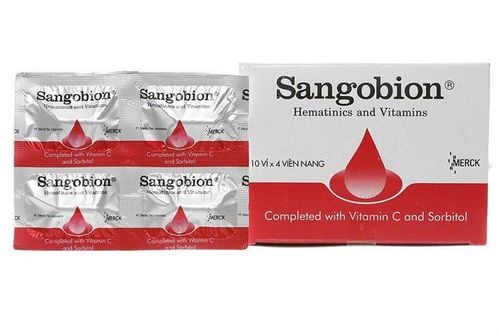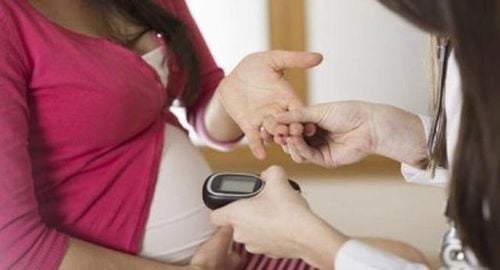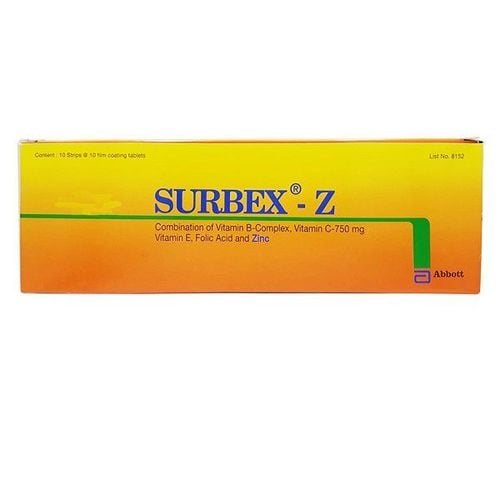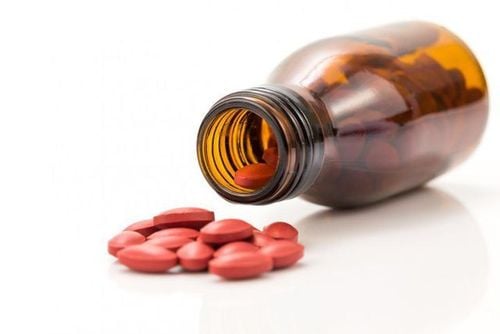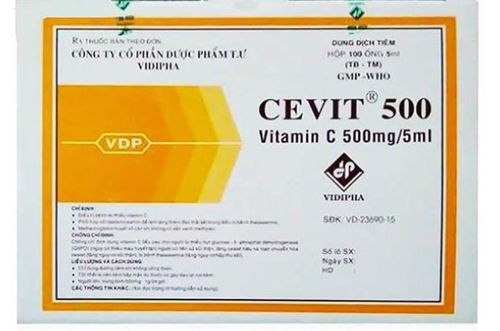Article professionally consulted by Master, Resident, MD Phan Truc - Oncology and Hematology Specialist - Oncology and Radiotherapy Center, Vinmec Times City International Hospital.
Iron-deficiency anemia can cause serious consequences, affecting the health and quality of life of patients. Along with following prescribed treatments, nutrition plays a critical role. Foods rich in iron that patients should consume include eggs, beef, liver, and dark green vegetables.
1. How Does Iron-Deficiency Anemia Affect the Body?
Iron-deficiency anemia is the most common type of anemia, affecting about 1.5 billion people globally, especially women and children. This condition arises from depleted iron reserves in the body due to various causes, leading to damage in multiple organs, with anemia being the most prominent and visible symptom. It negatively impacts mental functions, memory in adolescents, and causes fatigue and reduced work capacity in adults. People with iron deficiency anemia often exhibit symptoms such as insomnia, fatigue, decreased concentration, reduced attention, irritability, brittle hair, gray hair, dry and ridged nails, loss of nail shine, and mouth ulcers. Severe and prolonged iron-deficiency anemia can lead to oxygen deficiency in the blood, potentially damaging organs like the heart and brain.
Iron-deficiency anemia not only affects health but also reduces quality of life. Children with anemia often perform poorly academically, while adults face reduced work efficiency. Thus, alongside complying with medical treatment of doctors, maintaining a suitable diet is crucial for quickly replenishing iron levels and preventing recurrence.
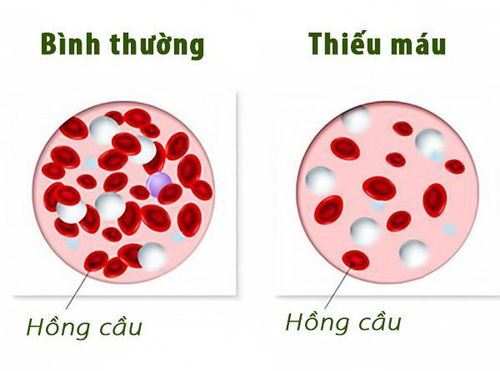
2. Foods to eat for Iron deficiency anemia
2.1. Iron-Rich Diet for Adults
For adults, a balanced diet that meets the body's nutritional requirements is essential. This involves a balance of animal and plant-based proteins. Additionally, iron intake should align with age and gender recommendations.
Foods to supplement iron include:
Animal Protein:
- Meat: Red meats rich in iron, such as beef, veal, pork, turkey, liver, and blood. Consume 45–60g of protein, equivalent to 200–300g of meat per day.
- Seafood: Mackerel, salmon, clams, oysters, and snails, 2–3 meals per week.
- Eggs: are a type of food that contains many nutrients such as protein, lipids, carbohydrates, etc. Especially, the yolk contains a lot of iron, zinc, calcium, and vitamin A, etc. Therefore, it is recommended that patients eat 2-3 eggs per week.
Plant-based protein:
- Dark green vegetables: including cruciferous vegetables such as spinach, broccoli, watercress, etc. Each day, patients with iron deficiency anemia should consume 300-400g, equivalent to one small bowl of vegetables per meal.
- Legumes and Seeds: Soybeans, peas, peanuts, almonds, and cashews.
Fruits:
In addition to animal and plant proteins, fruits such as grapes, blueberries, pomegranates, cherries, and strawberries are also very good for people with iron deficiency anemia. Therefore, you should consume 100-200g of ripe fruit per day. Additionally, these fruits contain a lot of vitamin C, which helps improve blood flow and enhance iron absorption. Moreover, people with iron deficiency anemia should limit the consumption of foods that inhibit iron absorption, such as tea and coffee. To achieve effective treatment results, patients need to follow the doctor’s instructions, maintain personal hygiene, and keep the environment clean to prevent worm and parasite infections.
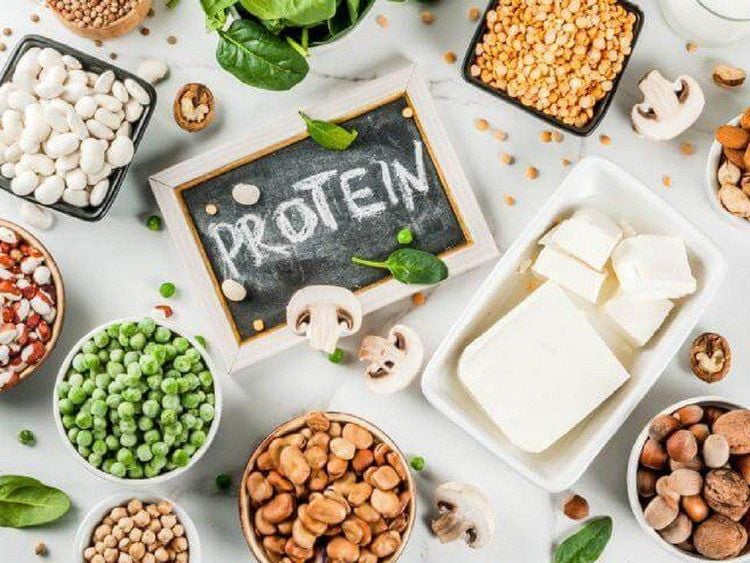
2.2. Iron-Rich Diet for Children
The main causes of iron deficiency anemia in young children are primarily due to a lack of breast milk, an inappropriate diet such as consuming formula milk without iron supplementation, eating porridge lacking animal-based foods, etc. Additionally, premature birth or accompanying conditions such as prolonged diarrhea, malabsorption disorders, worm infections, nosebleeds, and menstruation at puberty also increase the risk of iron deficiency anemia in children.
To ensure comprehensive health for children’s development, parents need to supplement iron for their children according to the based on needs and recommendations regarding weight, height, age, and gender. Besides, children should be given a variety of nutrients such as breast milk, carbohydrates, protein, vitamins and minerals, and lipids. Increase iron-rich foods in the daily menu. Additionally, parents should also supplement foods that help absorb iron, such as fruits rich in vitamin C like grapes, grapefruit, orange juice, tangerines, etc.
Some foods that young children should eat to supplement iron include:
- Breast milk: Mothers should exclusively breastfeed for the first 6 months and continue breastfeeding until 2 years old.
- Milk and dairy products: Milk not only contains blood-boosting minerals like phosphorus, calcium, magnesium, etc., but is also rich in vitamins B12, A, and C, which play an important role in iron storage and red blood cell formation, helping to effectively improve anemia.
- Red meat and organ: Beef, pork, lamb, liver, kidneys, heart, etc.
- Eggs: Parents should give children 3-4 eggs per week.
- Fish and shellfish: Anchovies, sardines, sardine anchovies, crabs, shrimp, clams, etc.
- Children should eat fish 3-4 times a week.
- Nuts: Walnuts, cashews, sunflower seeds, peanuts, pecans, sesame seeds, etc.
- Green vegetables: Broccoli, watercress, spinach, kale, etc.
- Cereals and cereal products: Bread, bran flour, cornmeal, oats, rye, etc.
- Beans and legumes: Peas, green beans, baked beans, lentils, black-eyed peas, etc.
- Dried fruits: Raisins, apricots, prunes, etc.
- Chocolate, cocoa powder, gingerbread cookies, curry powder, etc., are also among children’s favorite foods that contain high iron content.
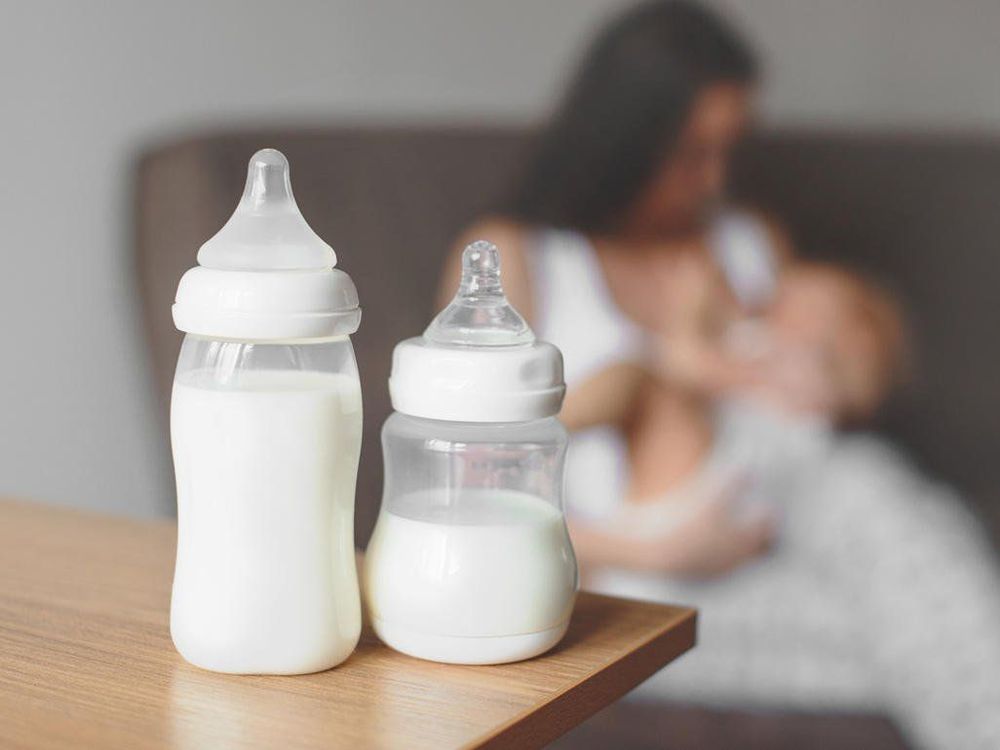
Additionally, parents should give children plenty of fruits that are rich in vitamin C to help improve iron absorption. Moreover, they should avoid giving children foods that inhibit iron absorption, such as cola and milk tea. Parents should also remember to deworm their children every 6 months to prevent hookworm and other parasitic infections.
Iron deficiency anemia is a common type of anemia that affects the health and quality of life of patients. Therefore, in addition to following the doctor’s treatment regimen, patients with iron deficiency anemia need to have an appropriate diet to quickly replenish iron and prevent recurrence. If dietary improvements do not yield effective results, patients should visit medical facilities to receive advice from hematology nutrition experts.
To arrange an appointment, please call HOTLINE or make your reservation directly HERE. You may also download the MyVinmec app to schedule appointments faster and manage your reservations more conveniently.
